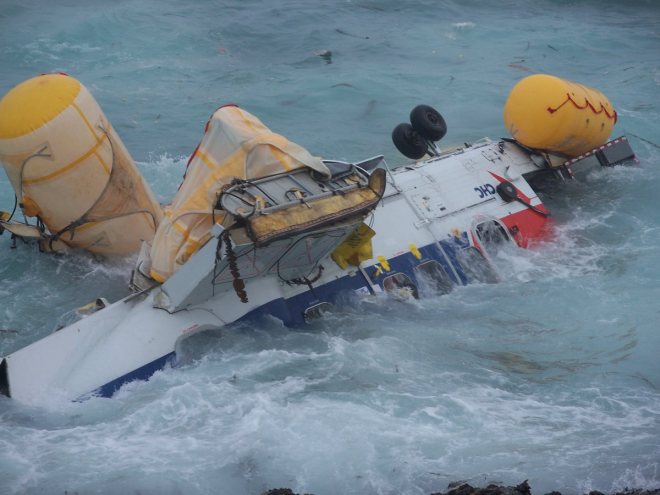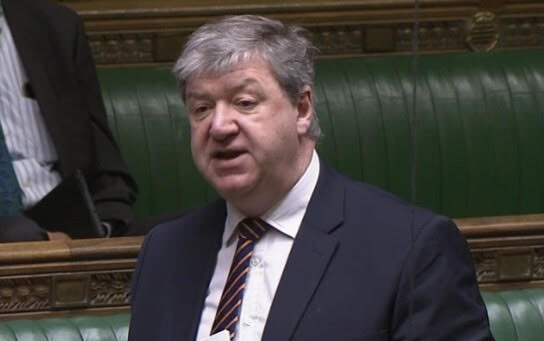Public inquiry needed, says RMT

A public inquiry into offshore helicopter safety is still badly needed, despite new measures by the UK’s Civil Aviation Authority to curb North Sea fatalities.
General secretary of the RMT union, Bob Crow, said the CAA’s recommendations failed to go far enough to allay safety fears in the sector.
Key among the improvements heralded in last week’s weighty report was a decision to prohibit offshore flights if sea conditions were judged too severe.
Other measures mean passengers will only be able to fly if they are seated next to an emergency exit window. That would, the report stated, make it easier for passengers to get out of a helicopter in an emergency.
There were also calls for passengers to have better emergency breathing equipment, which should increase underwater survival times. The guidelines have also been adopted by the CAA’s Norwegian and European counterparts.
Mr Crow said the review needed to go further to restore confidence, which had suffered in the light of a series of North Sea helicopter crashes, including last year’s fatal incident off Sumburgh which resulted in four deaths.
He said he struggled to see how safety could improve in the face of, what he said, were dwindling numbers of helicopter inspectors.
Mr Crow said: “The CAA’s review is a step toward the improvements that RMT has supported for years through the existing helicopter safety forums we sit on with other unions, helicopter operators and the oil and gas companies.”
“We support the recommendations as far as they go but cannot see how they are going to be enforced when the number of CAA helicopter inspectors is being cut.
“An opportunity has been missed here for actions that would improve the confidence of our members in the safety of offshore helicopters, including the system of reporting of incidents and accidents which the review completely ignored.
“RMT need to know more from the CAA on exactly how they intend to enforce these recommendations and we continue to demand a public inquiry into the offshore oil and gas industry as a whole, including offshore helicopter operations.”
Helicopter operator Bristow stated that it would “fully comply” with the recommendations.
“We are currently meeting with our clients and other industry stakeholders to determine next steps,” the company stated.
“We understand from our conversations with the CAA that they will be publishing a series of Safety Directives which should provide more clarity on how the recommendations in the review should be implemented.
“Until we have received this information operations will continue as normal until further notice. Once we have this detail we will be able to discuss how best to take these forward.”
The new guidelines were described as “an important step in protecting enhancing safety of offshore workers” by isles MP Alistair Carmichael.
He said: “The work of those in the offshore industry is vital important to the economy of the Northern Isles and the rest of the country.
“The Super Puma crash in August last year was a tragedy and the CAA were right to look at how safety guidelines could be improved.
“The new guidelines are an important step forward in ensuring that those who work offshore are kept as safe as possible in what is a very challenging and difficult environment and I am pleased that the industry and the union have welcomed them.
“The co-operation of the national and international authorities shows that in working together we can get the right result that will strengthen workplace safety for offshore workers at home and across the continent.”








Harry Dent
Fine words from Mr Carmichael.
What a shame he completely ignores Mr Crow’s question as to how the guidelines are to be enforced by an ever-decreasing number of inspectors, as his government continues to slash and burn public services.